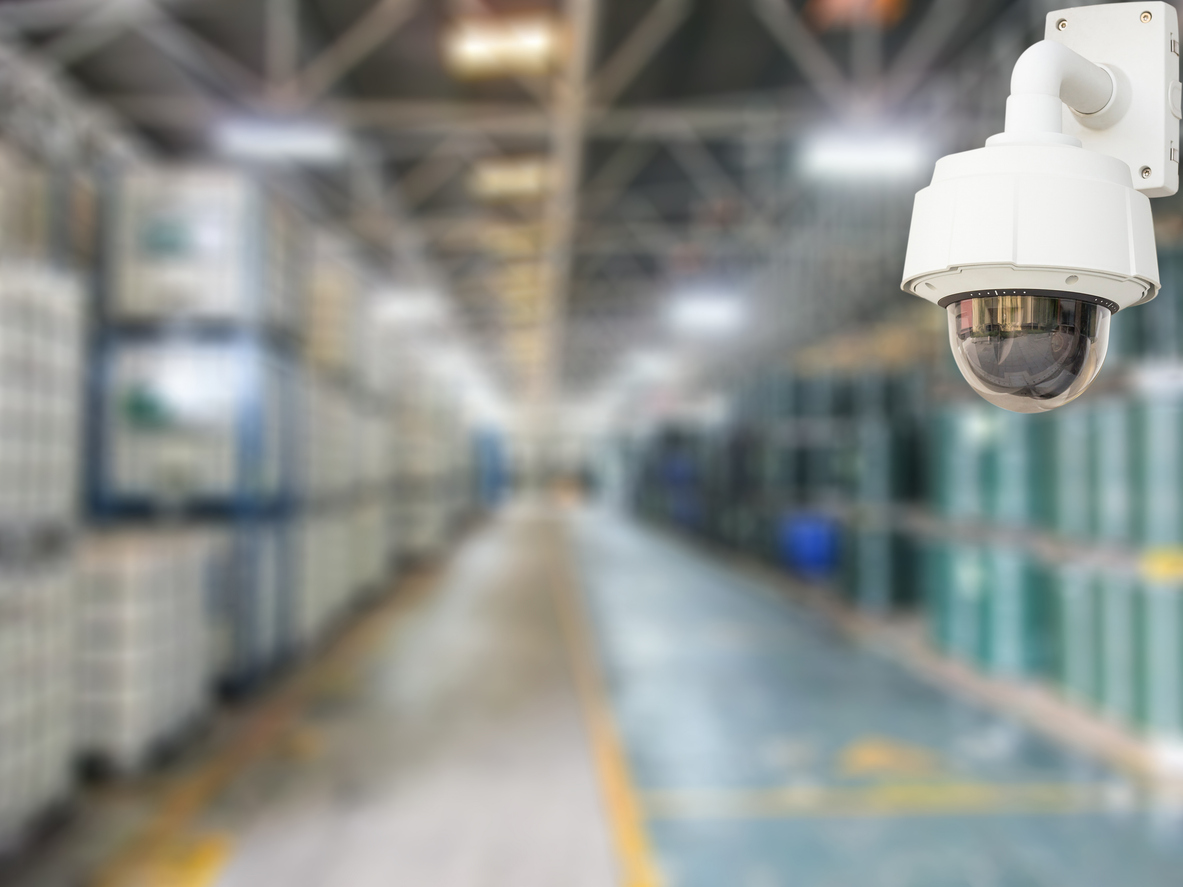What are the top 5 things to consider before buying a smart home security camera system?
5 Things to Consider Before Buying a Smart Home Security Camera System
In today’s world, smart home technology is becoming increasingly prevalent. And while automating your thermostat, appliances, and lights is appealing and convenient, perhaps the most important element of your smart home system is the security camera. Keeping the inside of your home running smoothly is certainly something to be sought after, but having a nice, technologically-advanced space indoor means very little unless you can protect your home’s outdoor environment as well.
Keeping your family and home safe, happy, and secure is likely near the top of your priority list. A critical component of keeping your family safe is finding the right smart home security camera system to fit the specific needs of your family. In this article, we will walk you through five things to consider before buying a smart home security camera so you can navigate the process as smoothly as possible.
The top 5 things to consider before buying a smart home security camera system
-
Your Needs
-
Your Budget
-
The Features You’d Like
-
The Security Camera’s Smart Home Integration Abilities
-
The Connection Type and Wi-Fi Capability
1) Your Needs
When considering a smart home security camera, the first step is to determine your needs. In other words, for what purposes will you be using the security camera? Are you looking to keep a closer eye on your teenage children as they come and go? Or are you just curious to know who rang the doorbell before you run to answer it? Perhaps you are most interested in knowing when packages arrive at your door. Maybe you are looking for superior protection. If you live in a dangerous neighborhood, for example, you may need a more sophisticated camera than if you’re simply interested in knowing when your kids are coming and going and who they are interacting with. Whatever the case, your needs and use cases will largely determine the type of security camera you’ll want to select.
2) Your Budget
Not all security cameras are created equal when it comes to price. Depending on features, the price tag on a new smart home security camera can range anywhere from around $70 to upwards of $300. You will want to know your budget going in so that you can rule out certain options immediately and hone your search early on. If you do your research, chances are good that you’ll find a camera within your budget with the basic functionality you need.
3) The Features You’d Like
Once you know your budget, you’ll want to look for cameras that fit within it while also offering the features you desire. If you have a large budget, naturally you’ll be able to afford more features and more impressive specs. Often, however, as you are looking into smart home security camera options, you may come to realize that you don’t need all of the bells and whistles that come with the top-of-the-line models. You’ll be pleased to find that if you’re just looking for basic functionality (and sometimes even just a little extra), there are plenty of affordable solutions on the market.
If you’re looking to catch thieves (including facial features and license plate numbers), a wide angle view, 1080p HD video quality, night vision, and superior zoom may be must-have features on your security camera. If, on the other hand, you simply want a camera that will offer basic security and allow you to monitor what’s going on around your front porch, a simple cam from Amazon may suffice.
4) The Security Camera’s Smart Home Integration Capabilities
Most smart home companies offer specific security cameras that fit with their system. That said, you’ll also find that there are a number of security cameras out there that will pair well with a number of different smart home systems. If you choose to select a third-party security camera, be sure that it will fit with your specific smart home system. Otherwise, you may find yourself spending a good sum of money only to find that your brand new security camera doesn’t integrate with your smart home system. Don’t make that mistake.
5) The Connection Type and Wi-Fi Capability
Determine whether you’d like a wired security camera or one that is battery powered. There are advantages and drawbacks to both, so you’ll want to understand the differences. Wired security cameras typically involve at least two cables: one for power, and one to transmit data. The advantage of a wired connection is that your recorded videos and any other captured data will be more stably transmitted. Additionally, wired connections may cut down on Wi-Fi interference from other devices that are close by. The drawbacks of wired security cameras is that they are often more difficult to install and are less portable.
Wireless home security cameras are becoming more common and they are most often either battery powered or solar powered. The video and data transmitted by wireless security cameras is generally passed over Wi-Fi. While this makes for simpler data transmission, it can also mean that its video and data capture may be somewhat less reliable, particularly if your wireless internet speeds are slow. Wireless home security cameras have a number of advantages including their portability and ease of installation. The numerous options on the market and great functionality has many consumers turning to wireless security cameras to protect their families. Keep in mind that if you are adding a wireless security camera to your smart home system, you’ll want to make sure that you have the internet bandwidth to do so.
Take Your Time
Your family’s safety is too important to trust to just any security camera. That said, if you take the time to do your homework and keep these considerations in mind, you’ll be able to find the best solution for your family. Often, your smart home provider will provide a superior smart home security camera system. If, however, you do want to review additional security camera options and do your own shopping, you now know where to start. Best of luck![:]

